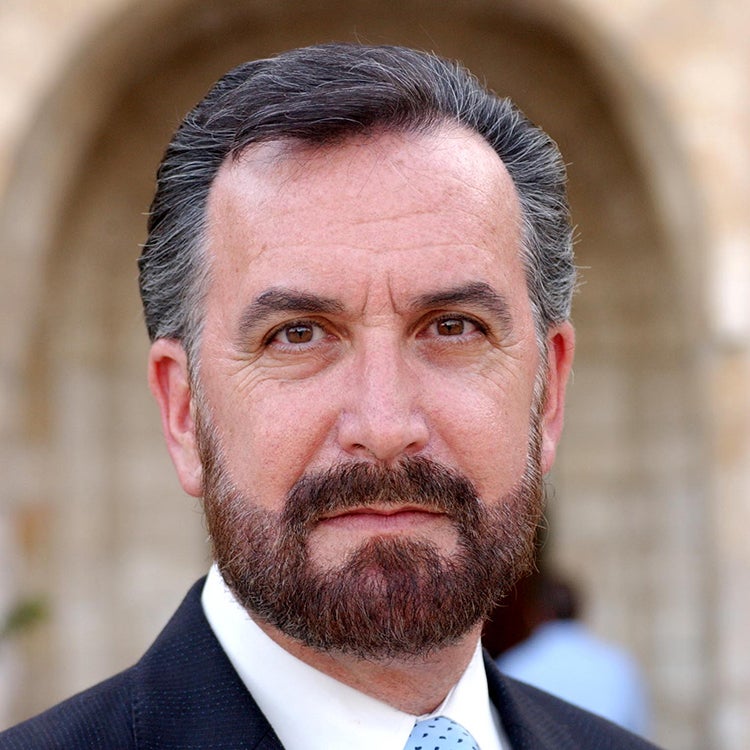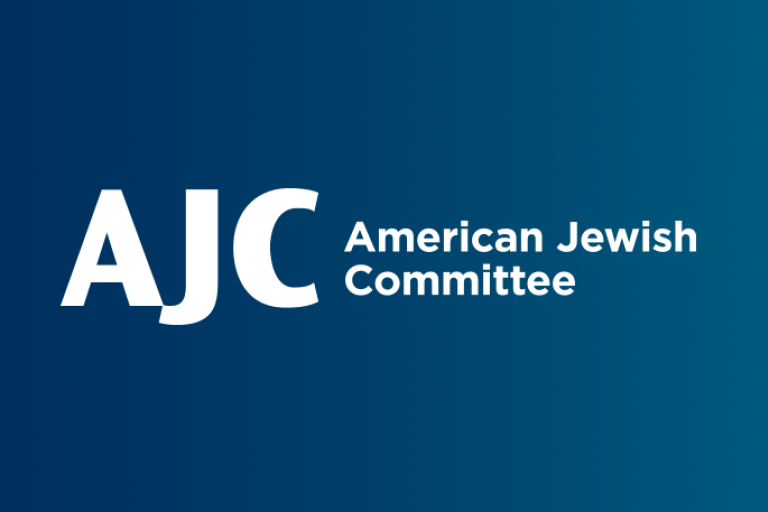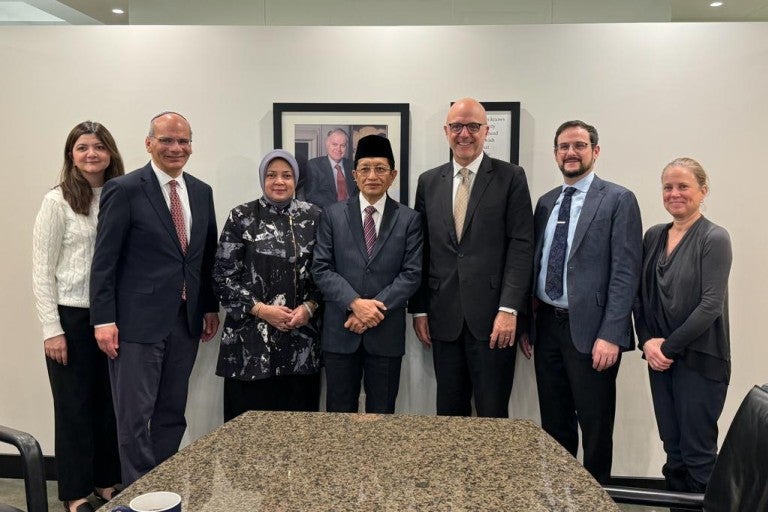December 10, 2018 — Dubai, UAE
This piece originally appeared in Jewish News (London).
Some remarkable interfaith initiatives have recently been coming out of the Arab Muslim world – not least of all those led by Sheikh Abdullah Bin Bayyah, recently appointed as head of the UAE’s supreme Fatwa Council. This octogenarian Islamic scholar, a former Mauritanian Minister and Professor of Islamic Studies in Saudi Arabia, has emerged as arguably the most authoritative and impressive opponent against violent Islamist ideology in the world today.
Aside from issuing the strongest condemnations of violence in the name of religion and demolishing false arguments in the name of Islam, he established the Forum for Peace in Arab lands and convened the historic Marrakech summit two years ago that issued the declaration based on the Charter of Medina affirming full equality and civil rights for non-Muslims in Muslim societies.
However, Bin Bayyah has gone further and called for interfaith partnership to combat violence and promote peace around the world. Less than a year ago he convened Muslims, Jews, and Christians in Washington D.C. for what he termed an Alliance of Values, and he has promoted an Abrahamic “caravan of dialogue” bringing this message to wider audiences. His peace fora held in the UAE, supported by the royal family, have brought Muslim leaders and thinkers together with representatives from the Christian and Jewish worlds.
But last week’s Muslim-Christian-Jewish gathering in Abu Dhabi to deepen interreligious understanding and work together to promote peace, was also remarkable for the broadening of the non-Muslim representation, especially from the Jewish side. Rabbis from Israel, the US, Europe and Australia were given prominent roles on the programme.
I was privileged to be the Jewish speaker at the opening session of the conference, graced by UAE Minister of Foreign Affairs Sheikh Abdullah bin Zayed. I brought greetings from Jerusalem as the only Israeli present, and I expressed the prayer and hope that all three faith communities will learn to respect the attachments of the other faiths to the holy city.
Often the little things speak most powerfully, and the fact that the conference organizers went to extraordinary lengths to provide and publicly display kosher food for the Jewish participants was widely acknowledged by Muslims present as only natural and many enquired whether they too could partake of it.
Moreover, on the second evening of the conference, Sheikh Bin Bayyah initiated a private meeting with the Jewish delegation where Chanukah candles were lit ,Ma’oz Tzur was sung with gusto, and the significance of the holiday was expounded to the sheikh and his associates present.
Of course, there was some lambasting of Israel during the conference, but far far less than what I have experienced at other inter-religious conferences in the Muslim world. The degree to which the Jewish participation and contribution was welcomed was striking and reflects significant changes in perceptions that are taking place in the Arab world, above all due to geopolitical factors in the region as a whole. The organisers did not hide the fact that this Jewish visibility was entirely with the authorisation and support of the UAE political leadership.
Particularly notable were the lengths our hosts went to in order to accommodate Jewish observance taking special care of the needs of the Orthodox and Conservative rabbis who stayed until the end of the conference on Friday and thus had to stay on over Shabbat in the UAE. The only place in the region where a minyan of Jews gathers for Shabbat services, where there are sifrei Torah and kosher food, is Dubai. So the Muslim Arab conference organisers also went to the substantial expense of relocating us for Shabbat, booking us in to a luxury hotel near the meeting house of the fledgling Dubai Jewish community, made up of expatriates from around the world, including the UK, USA, South Africa, Belgium and France.
The community which has recently granted some exposure in international media, is actually no stranger to hosting Jewish visitors, including annual visits from the leadership of the American Jewish Committee (AJC) which was also in Dubai this Shabbat. So after lighting Chanukah candles, the rabbis and AJC leaders joined in a rousing kabbalat Shabbat (something of an Ashkenazi/Sephardi hybrid reflecting the congregants’ backgrounds) and then a festive Shabbat dinner with divrei Torah from some of the rabbinical guests.
Shabbat morning was no less of an inspiring religious and communal celebration. There was an overwhelming feeling that this vibrant but hitherto very private community was being recognised locally and internationally as ,albeit a very small but nevertheless integral part of the societal fabric of the UAE.
The Abu Dhabi conference was surely a significant indicator of an increasingly positive view on engagement with Jewry on the part of religious and political authorities in the region. Undoubtedly as this approach continues to develop, the tiny Jewish community of Dubai will become an increasingly significant presence in the Gulf and perhaps beyond.
Rabbi David Rosen CBE is the American Jewish Committee’s Jerusalem-based International Director of Interreligious Affairs and is a member of the Chief Rabbinate of Israel’s Commission for Interreligious Relations.



